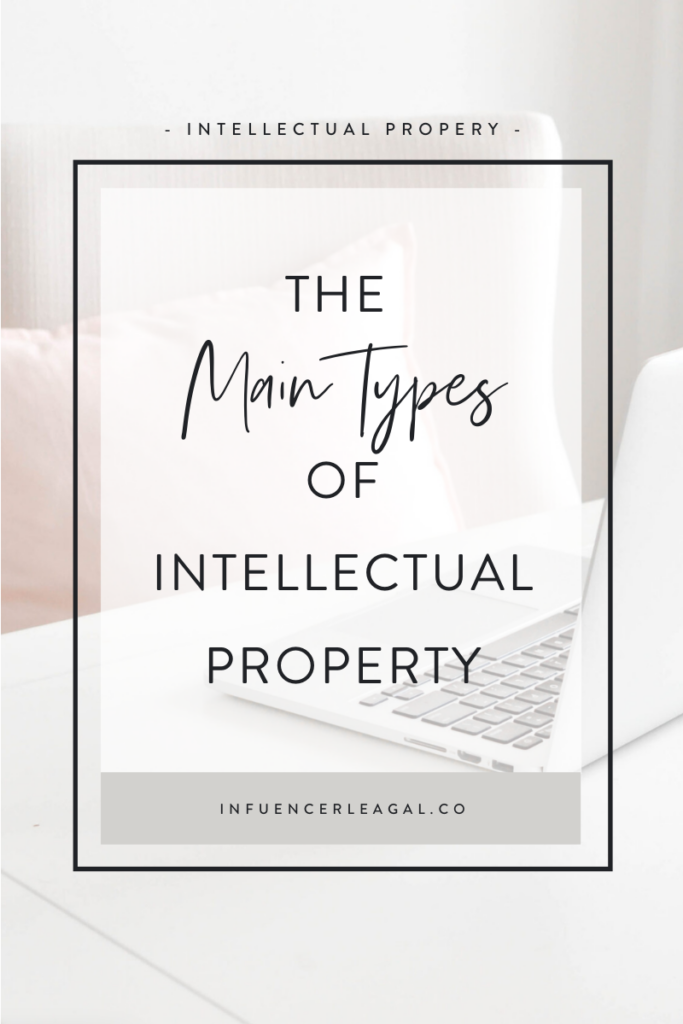Intellectual Property can be easily understood as creations of the mind. There are three primary types of Intellectual Property: copyrights, trademarks, and patents.

Trademarks
A trademark is a form of intellectual property that consists of a recognized symbol, design, or expression that distinguishes one source’s products or services from those of another, but trademarks used to identify services are usually called service marks.
In the realm of trademarks, “fair use” refers to the use of another’s trademark in a way that avoids the user being held liable for infringing on the owner’s rights. A charge of trademark infringement can be defended by claiming fair usage.
Copyright
Copyright is an intellectual property right that grants its owner the exclusive right to create copies of a creative work for a certain period of time. The creative effort might take the shape of literature, art, education, or music. In some circumstances, fair use is a legal theory that encourages freedom of speech by allowing the unauthorized use of copyright-protected works.
Patents
A patent is a form of intellectual property that grants its owner the legal right to prevent others from manufacturing, using, or selling an invention for a certain number of years in exchange for the innovation’s public disclosure.
The US Patent and Trademark Office (USPTO) awards three categories of patents under US Code Title 35: utility patents, design patents, and plant patents.
The incremental economic advantage accruing to a patent holder from the legal power to prevent others from using the innovation beyond what would be obtained if the invention were not awarded a patent is the value of the patent.
Should I Work with an Intellectual Property Lawyer?
The first goal should always be to protect your intellectual property from infringement. This implies that you file a copyright, trademark, or patent application for your concept, design, technology, or artwork. Unfortunately, registering your intellectual property merely once is insufficient. There is a higher possibility that your concept or product will be infringed after you have put it out on the market. You should constantly keep in touch with your intellectual property attorneys to keep your intellectual property rights up to date.
As our society continues to generate creative ideas that improve our lives, the junction between Intellectual Property and the law is becoming an increasingly significant subject. Our laws play an important role in safeguarding a person’s intellectual property from being duplicated, stolen, or exploited by someone who was not involved in its development – actions that are ultimately damaging to a society that wants to encourage people to produce valuable, intangible ideas.
READ & LEAVE A COMMENT
SHARE